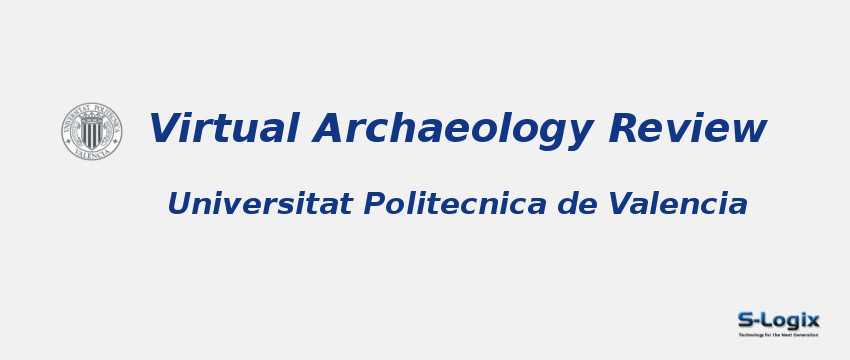Journal Home: Journal Homepage
Editor-in-Chief: Prof. José Luis Lerma
Print ISSN: 19899947
Electronic ISSN:
Abstracting and Indexing: Scopus
Imapct Factor 2024: 1.6
Subject Area and Category: Arts and Humanities, Archeology (arts and humanities), Conservation, Computer Science, Computer Science Applications, Social Sciences, Archeology
Publication Frequency:
H Index: 19
Q1: Archeology
Q2:
Q3:
Q4:
Cite Score: 4.2
SNIP: 1.164
Journal Rank(SJR): 0.465
Latest Articles: Latest Articles in Virtual Archaeology Review
Guidelines for Authors: Virtual Archaeology Review Author Guidelines
Paper Submissions: Paper Submissions in Virtual Archaeology Review
Publisher: Universitat Politecnica de Valencia
Country: Spain
